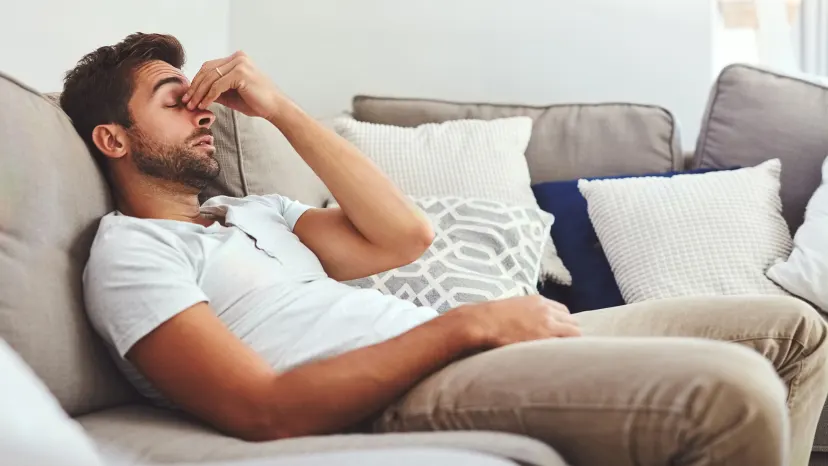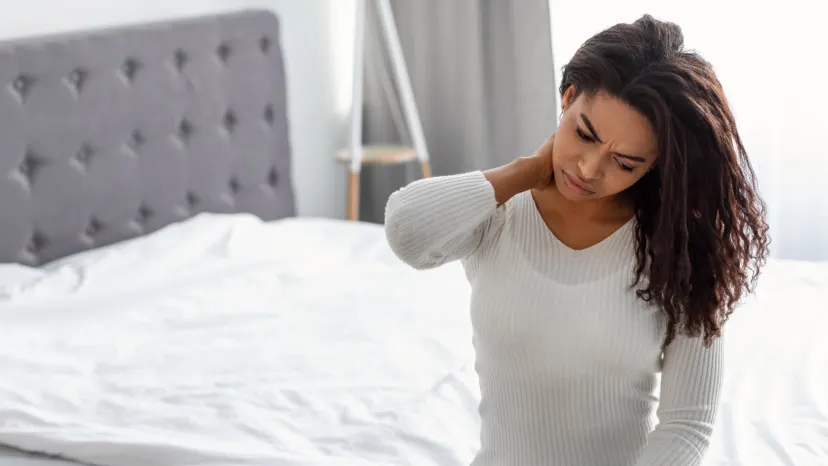Chronic pain and fatigue
Introduction
If your joints ache, your muscles are sore, and you feel pain all the time, you are probably looking for relief.
When you have chronic pain, you may also feel consistently tired. Perhaps you also have a loss of stamina or flexibility that makes you feel irritable, depressed, or filled with anxiety.
To help you understand what's happening to your body, we’ve gathered information on these topics and put them in one convenient place.
Whether you’re experiencing fibromyalgia, chronic fatigue syndrome, or another condition, you'll get answers to your most pressing questions so you can have an informed conversation with your healthcare provider (HCP).
You'll learn about what may be at the root of your chronic pain or fatigue and access information about chronic pain management. You’ll discover how medications—both over-the-counter and prescription—can play a role in helping you feel like yourself again. Self-care approaches, dietary suggestions, supplements, and stress-reduction plans may all play important roles in your care plan, as well.
Because there could be many causes for chronic pain, as well as many treatments, your HCP can work with you on diagnosing your underlying medical condition and developing a plan tailored specifically for your situation.
Explore these topics to start, then discuss them with your HCP.
Chronic fatigue syndrome

Are you experiencing severe fatigue that just isn't going away? What about pain, headaches, brain fog, or sleep problems? Could it be chronic fatigue syndrome? If so, it may be time to speak to your HCP.
Fibromyalgia

There’s so much to learn about fibromyalgia, whether it's you or a loved one who's experiencing it. Along with body pain, aches, and exhaustion, what are some of the other common symptoms? Learn the facts about this disease, including risk factors, treatments, and more.
Pain management
If you're living with pain, you want to know how to manage it. How do exercise and diet play a role in easing your discomfort? Are there other natural ways to control your pain? Read on to find out how pain management is within your grasp.





